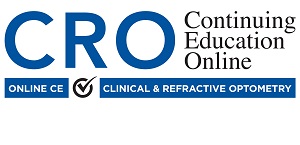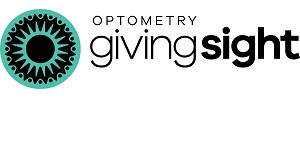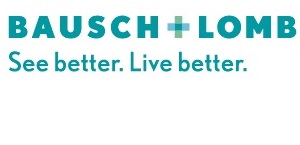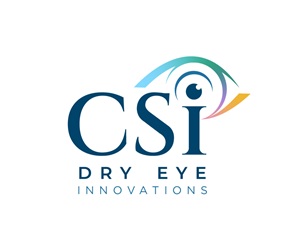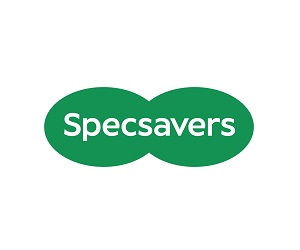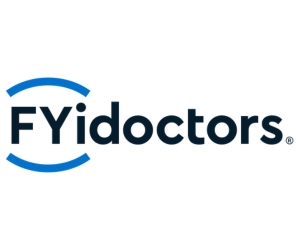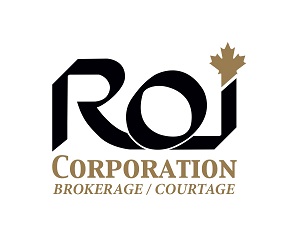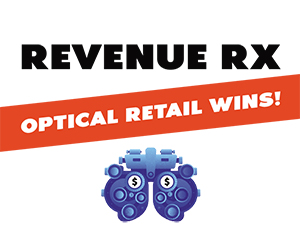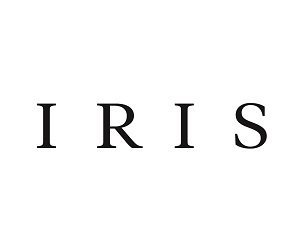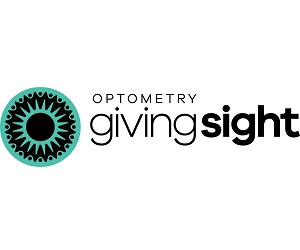
Benjamin Franklin once said, “Tell me and I forget, teach me and I remember, involve me and I learn.” Centuries later, Winston Churchill admitted, “I am always ready to learn but I do not always like being taught.” These perspectives capture the delicate balance of effective mentorship: the need to actively engage learners while respecting that not everyone learns the same way or at the same pace.
After 30 years in practice, I’ve shifted much of my energy toward mentoring the next generation of eyecare professionals. Here are some insights I’ve gathered along the way.
Learning Needs to be an Institutional Core Concept
A learning organization is always looking to improve. Learning must be part of your core values, which means embracing change and maintaining genuine excitement about delivering better patient care. It’s crucial to recognize that we all can learn from each other, regardless of position in the organization or educational background. The optical assistant may have insights the optometrist needs to hear, and vice versa.
When the Student is Ready, the Teacher Will Appear
This was one of my father’s favourite sayings. As a teacher himself, I wasn’t completely convinced his mantra made sense at the time. Over the years, though, I’ve come to appreciate its wisdom: not everyone is immediately ready to learn new things, nor will they always accept your expertise right away. Don’t take it personally. Continue to be available, build trust, and demonstrate your commitment to their growth. The student will come around when they’re ready.
Observation is often an underrated form of learning. Watching experienced team members navigate challenging patient interactions and exemplify best practices can be invaluable preparation before someone attempts these skills solo in real time.
Hire on Personality, Then Train the Skills
On my 40th birthday, my buddies took me golfing. A young woman was selling drinks on the course, and she was so personable that I recommended she switch gears and sell glasses instead.
The next day, she submitted her resume. She’s now been with our practice for 15 years and holds a leadership role championing our dry eye business.
The lesson? Watch for great personalities, then train the skills. It’s remarkable what motivated team members can achieve with proper training and mentoring. There’s deep satisfaction in developing talent internally, and it’s often more cost-effective too.
Much like a sports team that drafts and develops superstars rather than paying premium prices in free agency, having a portion of your team “home grown” helps manage staffing costs. While we should certainly recruit skilled talent from outside when needed, developing leaders through your internal ranks makes the business more sustainable and creates a culture of loyalty and growth.
The Teacher Becomes the Student
One of the great rewards of mentoring someone new to optometry or opticianry is that the teacher can learn too. Perhaps there’s a new methodology, a fresh clinical approach, or, heaven forbid, another acronym to master. Recently, a new graduate introduced me to enhanced imaging techniques for anterior segment OCT that have genuinely improved my diagnostic confidence.
We can always learn from each other. This exchange keeps practice fresh for veterans while reinforcing the recent education of newer team members. It’s a virtuous cycle when egos are left at the door.
Measurement and Auditing
It’s important to track metrics such as multiple pair sales, capture rates, and revenue per patient. This allows for benchmarking and helps identify training gaps. For instance, if capture rates are low, we can provide targeted coaching on frame selection techniques or patient communication strategies.
Continuous learning also means conducting periodic audits to assess comprehensive care delivery and implementation of best practices. Everyone needs to be open to assessment and improvement, including the practice owner and senior doctors.
When Egos Get in the Way
It takes genuine humility to learn from someone new rather than relying solely on years of experience. Rooted in fear of becoming obsolete or being viewed as outdated, some of us move forward in defensive ways that actually squelch learning and innovation.
Vulnerability is key here. Don’t guard against a bruised ego. Instead, normalize learning from mistakes and celebrate advancements in the collective knowledge of the team.
Personally, I’m excited about the next generation of doctors who graduate with an impressive amount of knowledge and skill. When I lecture, I encourage new graduates to find a more experienced mentor who will keep it real and support their growth. Then I tell them: get after it!
Mentorship isn’t a one-way street where knowledge flows from senior to junior. It’s a dynamic exchange that enriches everyone involved, strengthens your practice, and ultimately leads to better patient care. The art lies in creating an environment where both teaching and learning can flourish, where Franklin’s wisdom about involvement meets Churchill’s preference for discovery over instruction.
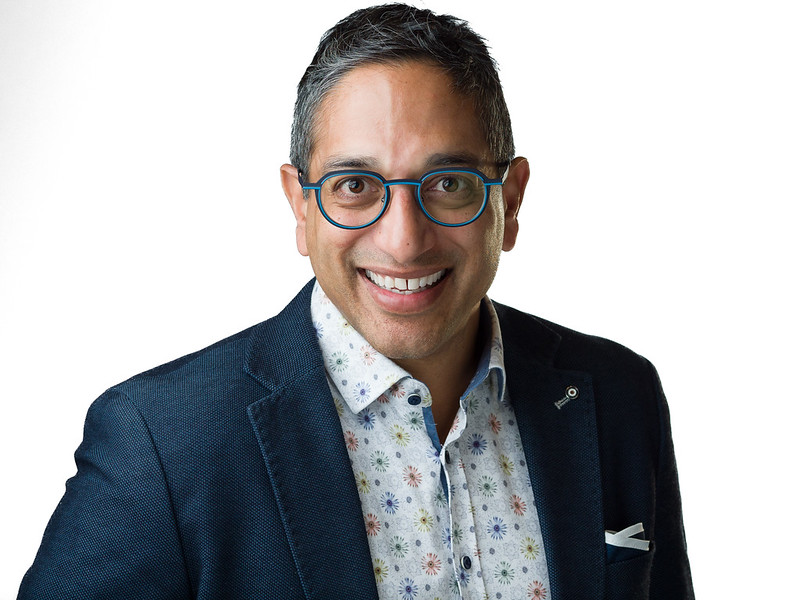
DR. TREVOR MIRANDA
Dr. Miranda is a partner in a multi-doctor, five-location practice on Vancouver Island.
He is a strong advocate for true Independent Optometry.
As a serial entrepreneur, Trevor is constantly testing different patient care and business models at his various locations. Many of these have turned out to be quite successful, to the point where many of his colleagues have adopted them into their own practices. His latest project is the Optometry Unleashed podcast.



